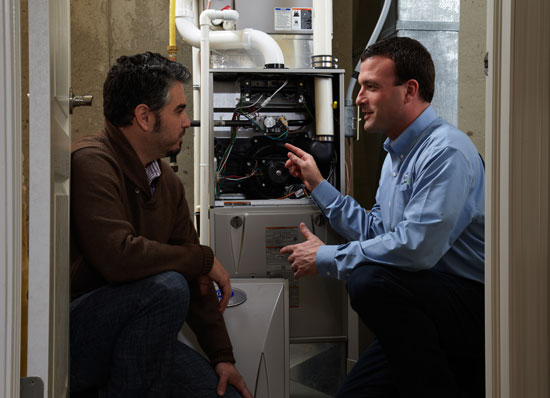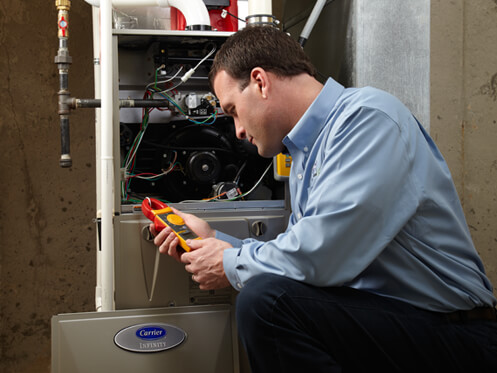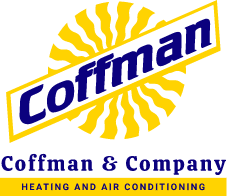
Did you know that your home furnace is subject to local building codes and regulations? A lot of do-it-yourself home builders forget this, and after installing a furnace or other home system themselves, they may run into code compliance issues. And, even if you did not install your furnace yourself, it may be too old to be in compliance with current codes. So, how do you know if your furnace is up to code?
What Building Codes Are
Building codes are the rules that regulate what can and cannot be done when a home or similar structure is being built. Even if you modify your current home by adding a simple deck or porch, you will have to obey building codes. Building codes vary from city to city, and they are regulated by locality, so what may be required for buildings in your town may be different from another town only a few miles away. In a lot of cities, though, building permits have to be obtained to build or modify a structure, and by obtaining a permit, you agree to follow the local building code.
Obtaining a building permit can sometimes be a frustrating process, but it’s important to remember that building codes exist for a reason. Although codes do vary by locality, there are some universal rules that nearly all codes follow, such as the requirement of venting in plumbing systems or proper wiring for electrical lights and fixtures. All building codes are created to maximize the safety of all building occupants and visitors, and any building found to not comply can be condemned because they are not safe for any residents. You wouldn’t want your family to be exposed to toxic gases within your home, which is why building codes should be followed.
How to Keep Your Furnace Up to Code
The first rule of keeping a furnace up to code is only letting an HVAC technician install and repair the furnace. Only these technicians know local building codes inside and out, and they will know exactly how to install and maintain a furnace system safely.
If your furnace was installed by a professional HVAC technician, the furnace is likely up to code and safe for your home. However, if you ever notice your furnace showing signs of possible issues, like a strange smell coming through your vents while the furnace is running, consider calling in a technician to check the furnace for damage. Not only can a technician check the furnace for code regulations, but he or she can also repair the furnace and get it back up to code as necessary.

If your home’s furnace was already installed when you purchased your home, you may not know whether or not it is up to code to begin with. In this case, it’s best to have an HVAC technician check it and ensure that the ductwork is sized properly, that the ventilation system is working properly, and that a monoxide detector is working properly in an area that is not too close to the furnace.
If your home is quite old and/or its furnace system is older than 3 years, the furnace and home itself may not be able to be completely up to current building codes. However, a lot of older homes and furnace systems are grandfathered so that they can still be considered safe for occupancy; as long as these homes follow the codes issued during the time that they were built, they will be deemed safe. Note, though, that you may still have to upgrade your furnace to the most recent code before selling your home, depending on your local regulations.
How to Bring Your Furnace Up to Code
Building codes exist to protect residents and keep structures safe for occupancy. Even when building onto your own house, you may need to obtain city building permits, and all builders and HCAV installers are expected to follow local codes.
If you know your furnace has issues or is not up to code, be sure to seek professional HVAC help to fix it. If you need help determining whether or not your home furnace is up to code, call in an expert heating technician from Coffman & Company to inspect your furnace and help will possible repairs. We offer water heaters plus, cooling installations, AC maintenance, and AC repairs.
Call to schedule your air conditioning consultation with one of our experts today!


